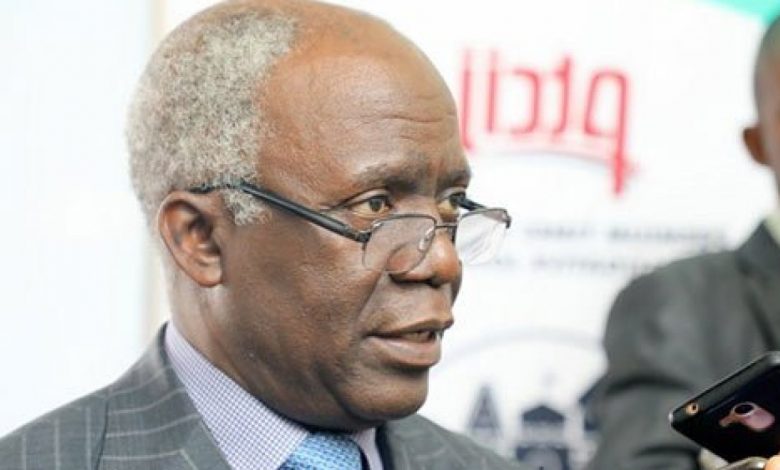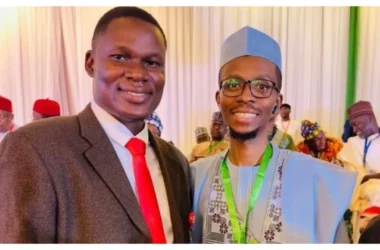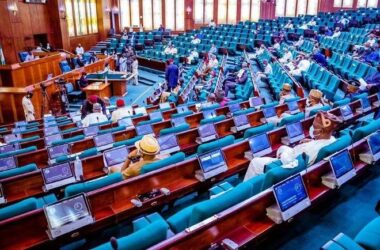Prominent human rights lawyer, Femi Falana, has strongly expressed his support for the continued existence of the Economic and Financial Crimes Commission (EFCC) and the Independent Corrupt Practices and Other Related Offences Commission (ICPC), despite mounting pressure from several state governors to scrap the anti-corruption agencies.
His comments come in the wake of growing controversy surrounding a lawsuit filed by 16 Nigerian state governments challenging the legal foundation of the EFCC.
The governors behind the legal action, including those from Kogi, Ondo, Edo, Oyo, and others, are pushing for the dissolution of the EFCC, arguing that its establishment may violate constitutional provisions.
The suit, which will be heard by the Supreme Court on October 22, 2024, raises questions about the agency’s legality and its role in combating corruption in Nigeria. The states’ argument is centered on the idea that the Nigerian Constitution is the supreme law, and any other laws that are inconsistent with it should be declared void.
The move by these governors has sparked significant debate, with many Nigerians questioning the motivation behind their attempt to dissolve an institution created to fight corruption and financial crimes. Some critics believe that this push may be an effort to weaken the nation’s anti-corruption efforts, while others see it as a legitimate question about the agency’s legal standing.
However, Falana, speaking during a recent appearance on Channels Television’s Sunday Politics, stated that instead of challenging the legality of the EFCC, state governments should focus on making the agency more autonomous and less vulnerable to political interference.
According to him, the core problem is not whether the EFCC should exist, but how to ensure it remains independent and effective in fulfilling its mandate.
“For me, the ICPC and the EFCC like the Code of Conduct Tribunal, have come to stay. What we should be demanding are measures to make these institutions autonomous, not under the control of any government,” Falana said on the programme.
“And the Supreme Court has maintained rather repeatedly concerning the EFCC and EFCC; that these are common, they shouldn’t be under the control of the Federal Government.
“They are common agencies to fight economic crimes in our country, to fight financial crimes in our country, to fight corruption in our country.”










